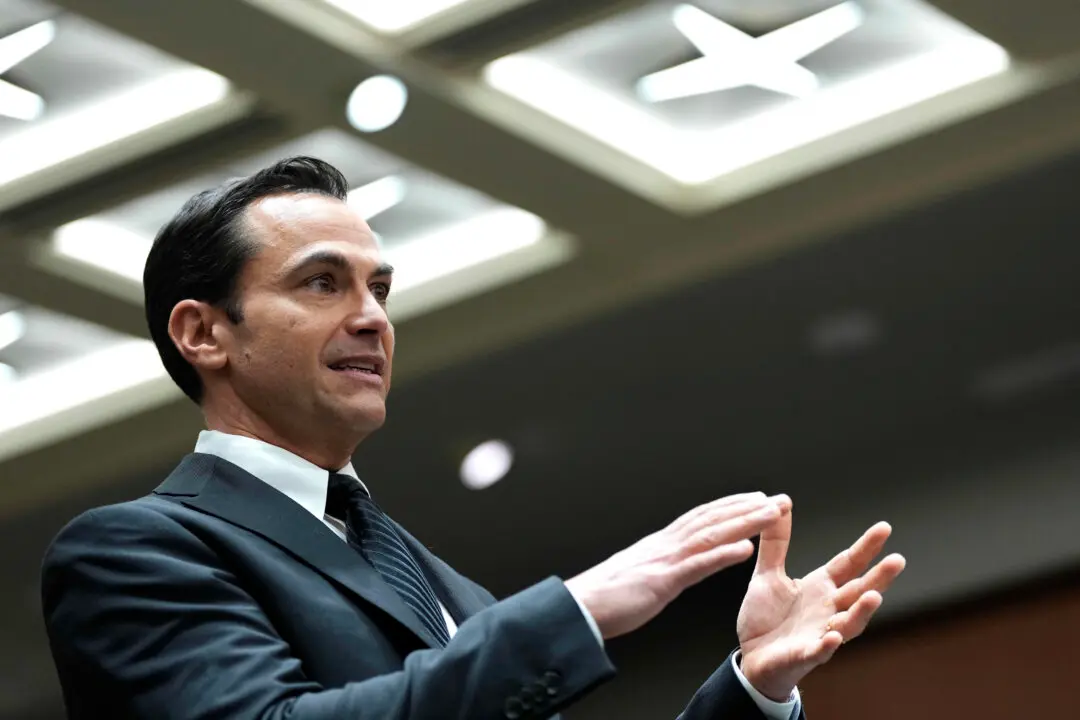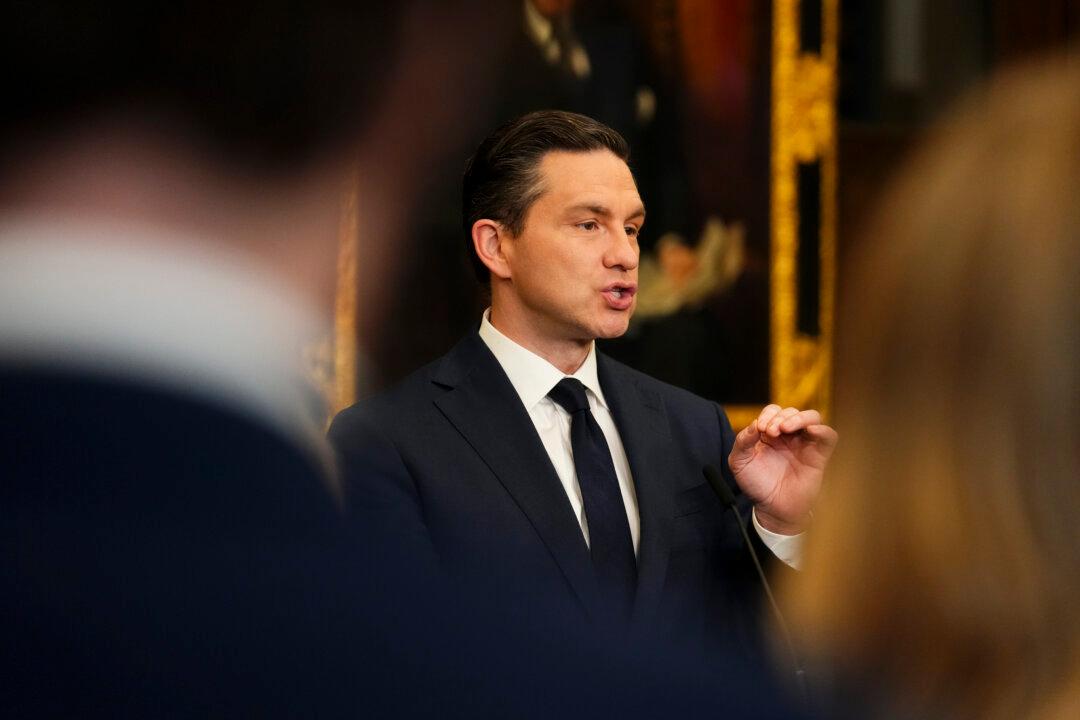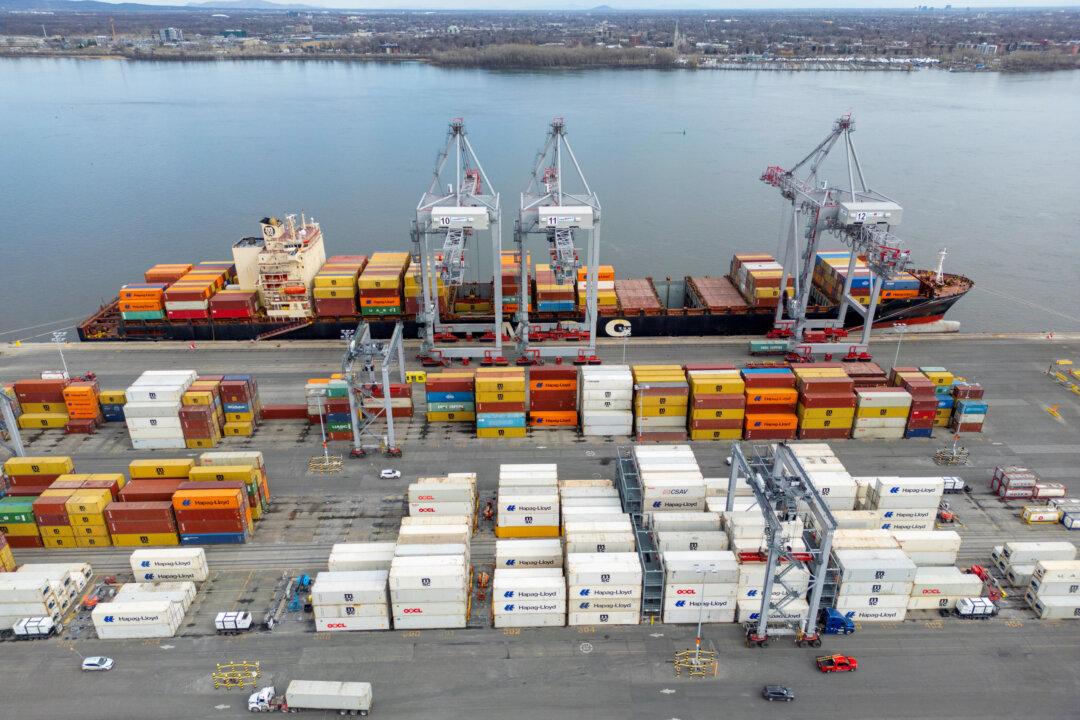While the United States recently announced it will end its COVID-19 vaccine requirements for international air travellers and at the Canadian border, The Epoch Times spoke with some Canadians and Americans who expressed deep frustration with the rules being implemented in the first place, vowing not to forget being separated from their loved ones.
“We will never thank a government whose deliberate implementation of discriminatory, baseless mandates, targeted a group whose only threat was the rejection of their false political science narrative,” said Hope Vanbeselaere Marsh, a Manitoba woman who was separated from her husband in Texas in March 2020.





